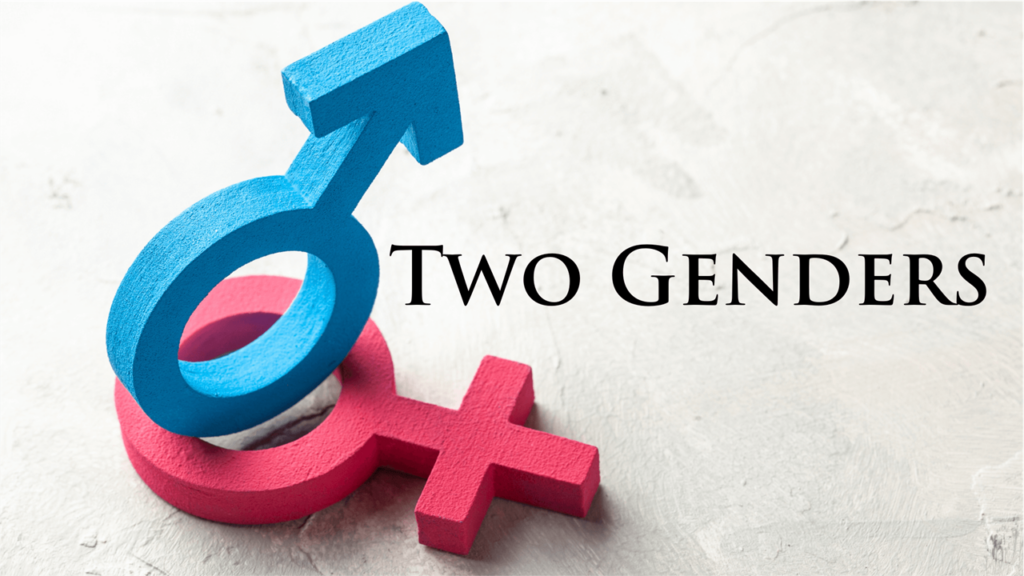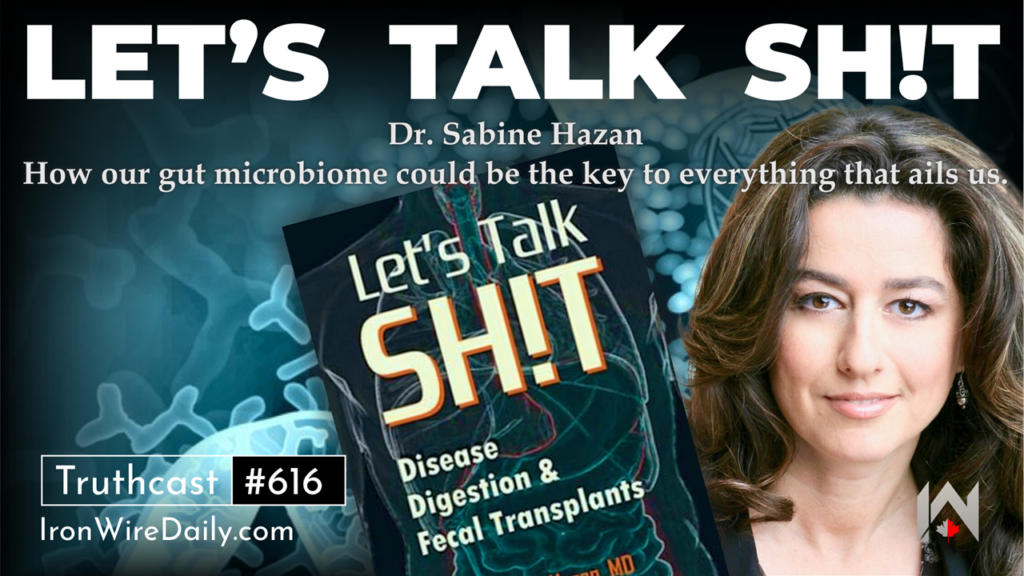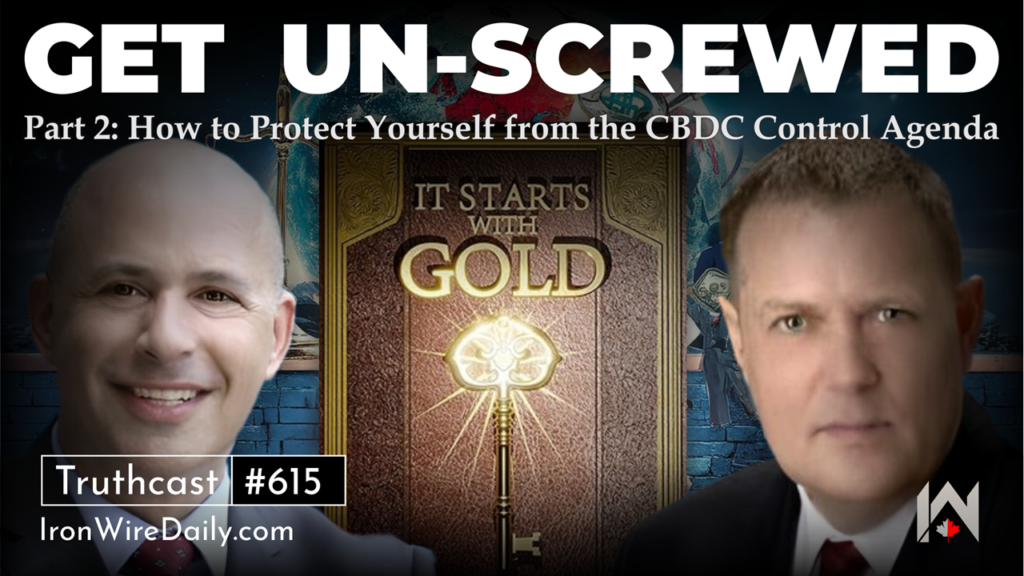Psych Meds and Veblen Goods
In high school in West Texas in the late 1970s, psych meds were Veblen goods; that is, products desired as markers of status. They were conspicuously consumed by the children of the well-to-do with profound awareness that their schoolmates could afford neither the treatment nor the supposed cure.
So the kids – I knew many of them and they would tolerate me in their circles from time to time – would brag about their diagnosis, their prescriptions, the mix, and how it made them feel.
They would carry their pills and show them off, rattling off names of this or that drug and laughing mischievously about it all. There was nothing particularly maudlin about them except as performance. They were genuinely proud, the way one might be when wearing an overpriced luxury coat or shoes. The pills were just part of the mix. So too, they paraded their supposed maladies as badges of honor.
There was always a sniffy air of detachment culture of these kids, a nonchalant disregard for all systems, whether school or family or church, even society at large. They were above it all, and the meds and the condition they were addressing were part of that. It was a class marker. There was even a hint of politics about it, an underscoring and display of alienation. They were at once the top of the social heap but disdainful of it.
Most of these kids excelled in their grades and set their sights high in college applications, with no doubt that they would succeed. They would do so despite their profound mental condition, which they blamed on parents, social structures, teachers, protocols, and the machine generally. Society had made them sick, but the meds gave them freedom to float above it all.
I’ve not followed their lives since then. Maybe they dropped them after college and lived normally. Maybe not. None will likely write memoirs, so we’ll never know. Regardless, in the decades since, this Veblen good went the way of all luxury purchases over time. It became mainstream. Psych meds are now common among adults and children. It’s a massive industry: like cell phones and TVs generations ago, they migrated through the class structure year by year.
Now comes Unshrunk by Laura Delano, a book that could change everything. If it were not an autobiography, it would make great fiction of the gothic sort popular in the Victorian period. If it stripped out all commentary on the dubious merit of all these supposed sicknesses and cures, it would still be fantastic drama from first to last.
Nothing I say can possibly prepare you for the adventure this book brings. It is perfectly crafted almost in a poetic way to bring to the reader the actual feeling of going through each stage over a decade and a half of drug cocktails, mental institutions, hospitals, and much more, and finally to her self-motivated emancipation from the whole industry.
I worry that the topic alone will deter readers. It should not. Read it the way you might a great work of fiction. It makes it all the more riveting to realize it is the real thing – an actual person – with all the attendant pain required for any author to pour out his or her soul this way. It’s a rare experience, one of a kind in our time.
In addition, even if you extracted all the detailed medical critiques about drug trials, side effects, market flimflam from these drugs, and turned that into a monograph on its own, it would be of enormous value.
So we really have here three books in one: a brilliant drama with a fantastic story arc, an autobiography of a young woman in a world set apart that most of us will never know, and a technical medical treatise on an entire industry.
Looming rather large in the narrative is the issue of social class. The author was born into a world unknown to most, the social-register set in Greenwich, Connecticut, descendent of a three-term president, a prep-school educated and Harvard-bound beneficiary of every financial and social privilege, one afforded the best psychiatric care available anywhere.
She was not mistreated. She was treated. She says this herself:
“I was once mentally ill, and now I’m not, and it wasn’t because I was misdiagnosed. I wasn’t improperly medicated or overmedicated. I haven’t miraculously recovered from supposed brain diseases that some of the country’s top psychiatrists told me I’d have for the rest of my life. In fact, I was properly diagnosed and medicated according to the American Psychiatric Association’s standard of care. The reason I’m no longer mentally ill is that I made a decision to question the ideas about myself that I’d assumed were fact and discard what I learned was actually fiction.”
The best of care. The best physicians. The best institutions. The best consultations. The best meds, constantly tweaked by experts: a bit more of this, a bit less of that, and here’s a new one. When Laura’s diagnosis was switched from Bipolar to Borderline, it was under the care of the very father of the supposed disease itself: Dr. John G. Gunderson at McLean Hospital at Harvard (which had also seen Sylvia Plath, Anne Sexton, and Susanna Kaysen).
She had every reason to trust the experts except for one telling fact: she never got better, only worse. She gradually concluded over time that her real trouble was iatrogenic; that is, induced by the very drugs that were said to be the solution.
The first hints of real recovery hit the reader once Laura starts attending Alcoholics Anonymous, where everyone cheered as people there revealed how long they had been sober. It struck me while reading, though the author doesn’t say this, that pretty much everyone gets that alcoholism is a huge issue and that the safest path for everyone is sobriety. No physician really recommends more drinking, more liquor, different kinds of liquor, more regular cocktails, as a solution to anything.
And yet a completely different standard applies to more powerful pharmaceutical cocktails. They are carefully dispensed on millions of patients, with warnings never to skip. That’s what bad patients do.
People who unwisely attempt to do without are rediagnosed with “discontinuation syndrome” – as if dropping toxins created a new disease – which of course calls forth new prescriptions.
The entire system is built to keep people on meds. And when one tries to dispense with them, the adapted body fights back with symptoms that seem to reinforce the diagnosis and the solution. We hope you see why we put you on these drugs in the first place!
Why the gigantic and upside-down judgment against one toxin (alcohol) and for all the others? Here is the core of the real scandal. It’s about the enormous power of industry, the mystique of science, the prestige of academia, and the class associations connected with high-status diagnosis and purported solutions.
This line of thinking opens up even broader critiques of the entire medical system and pharmaceuticals more generally. This book thoroughly explodes the popular understanding of mental illness and the capacity of the expert class to deal with it. The lessons are rattling to the point that no reader will look at commoditized pharmaceuticals in the same way.
In the Covid period, you recall, compliance with protocols was a class marker too. Only tacky people demanded their freedom, dared walk around stores without masks, or failed to social distance in elevators. Trashy types protested the lockdowns. Canadian truckers, indeed! What else do you need to know? The good people, the successful and high-earning professionals on laptops, stayed home, streamed movies, and stayed away from others.
I recall being shouted at while walking outdoors without a mask.
“Masks are socially recommended,” yelled a man, mangling a few phrases into a new coinage. There was fury in his voice that someone as lowlife as I would dare to be in his neighborhood, no doubt spreading Covid. I had otherized myself simply by my refusal to cover my face as if I revealed myself to be a vector of disease spread.
The moral landscape became crystal clear with the shot rollouts. Clean people get them. Dirty people refuse them. The model was primitive in the extreme but with a class bias that bled over to a kind of regional bigotry: the unvaccinated states went for Trump. Whole cities became segregated, as the culmination of an entire class-based outlook that split us from them. (See my big theory of clean vs dirty as a lens through which to understand the whole period.)
I never had much of an awareness of social class and its meaning in politics before this period. Suddenly, it was all that mattered, with government agencies delineating who was essential and who was not. Nor had I considered that medical protocols and products had emerged as a Veblen good, something to consume with pride in one’s high place in the social strata, like modern art and postmodern philosophy.
How brilliant of the psych med industry to market itself – beginning long ago – as a luxury good, a class marker, a product to be consumed by the privileged. There is something wrong in every life. Successful people fix it with pills. Take your meds: you are not a substance abuser but a highly responsible patient who can afford the best care. As the song says, the devil wore a lab coat.
Laura Delano’s book weaves together these pieces into an alarming tale of tragedy followed by final hope. From the first chapter in which the supposed problems begin, through the wild ups and downs and tales of 21 different meds (my count), I could not wait to see how the author would handle the ending.
The last chapters are perfect in ways I won’t reveal for fear of spoilers. My further hope is that this brief review will inspire many more people to travel this journey with the author and draw deep and broad lessons from it.
-

Jeffrey Tucker is Founder, Author, and President at Brownstone Institute. He is also Senior Economics Columnist for Epoch Times, author of 10 books, including Life After Lockdown, and many thousands of articles in the scholarly and popular press. He speaks widely on topics of economics, technology, social philosophy, and culture.













